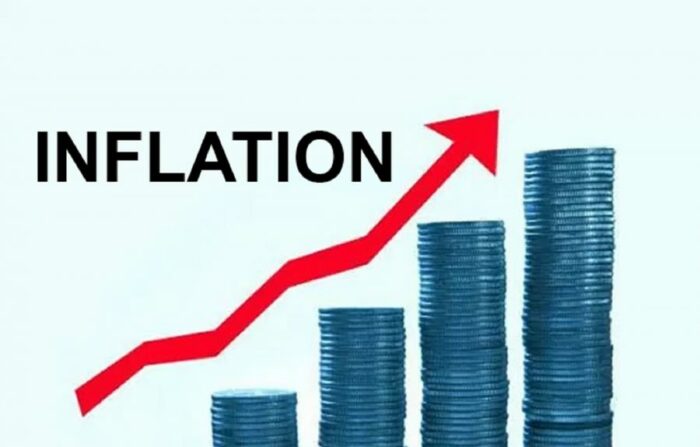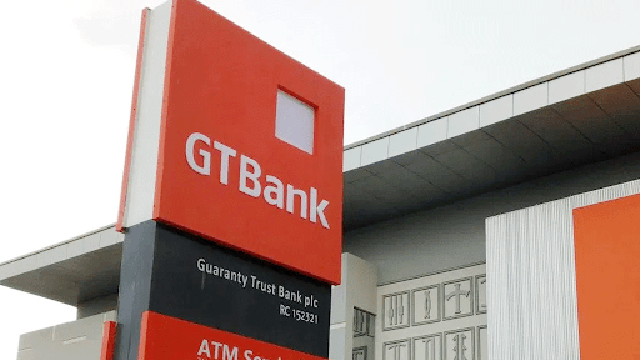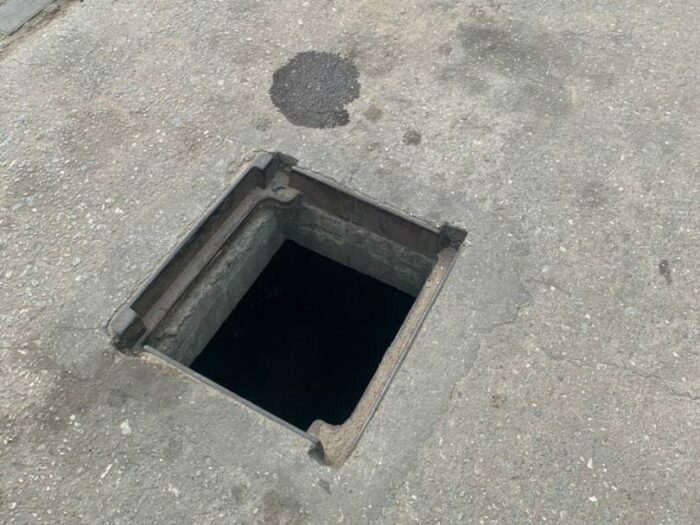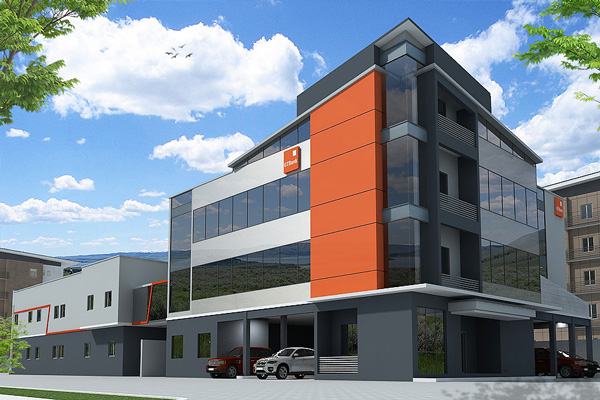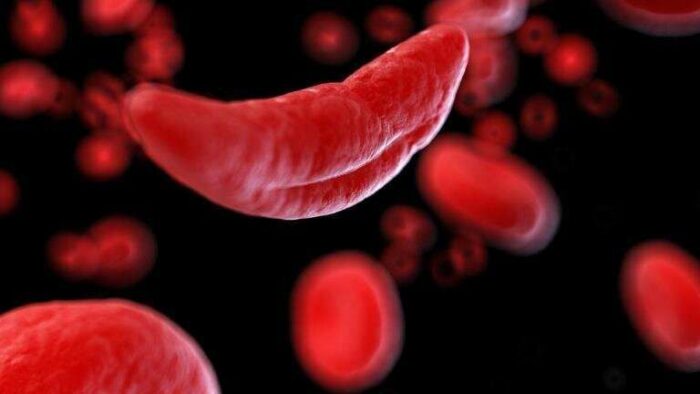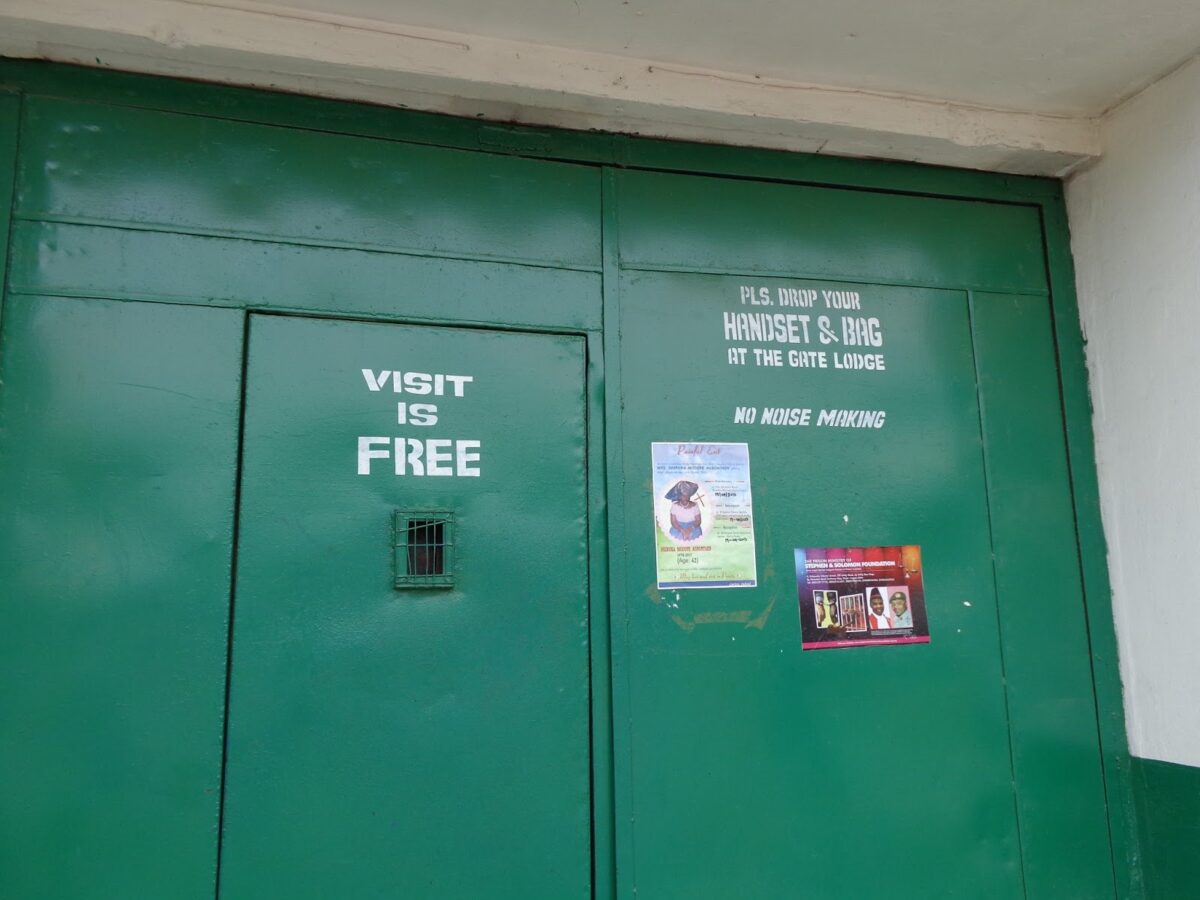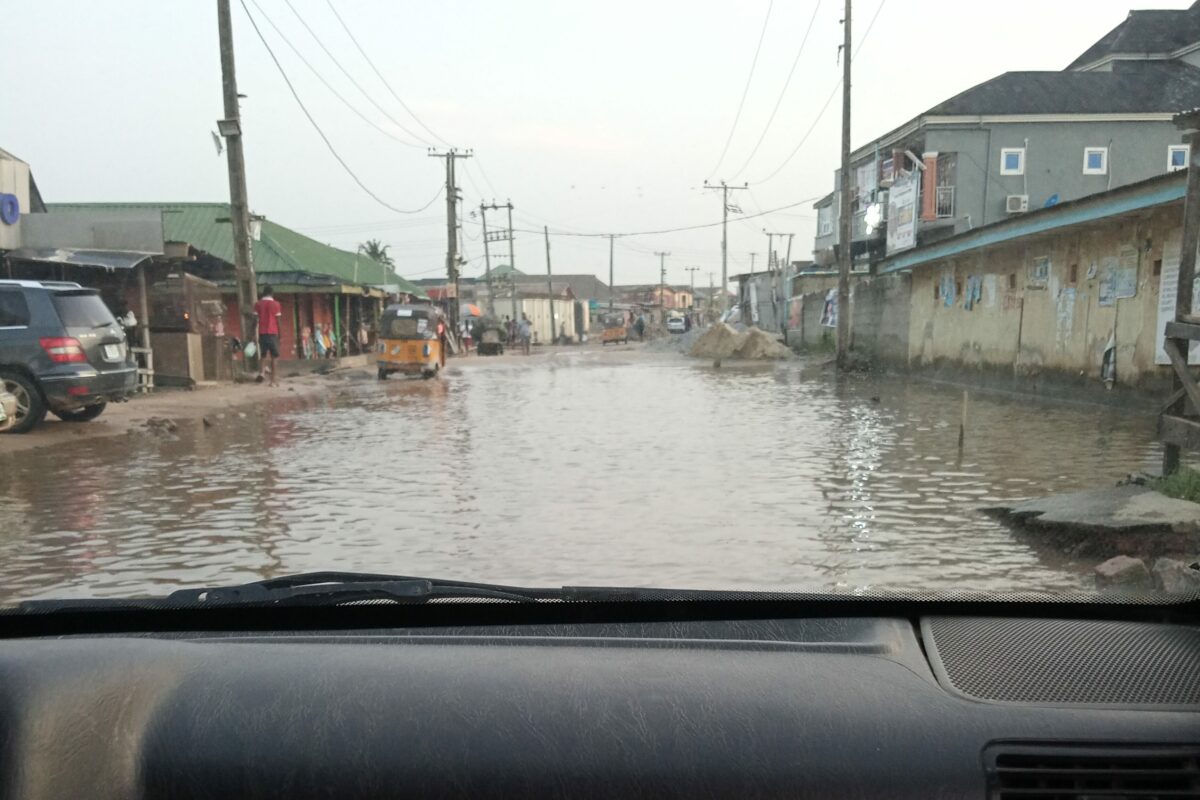Nigeria’s year-on-year inflation rose to 33.95% in May, according to the National Bureau of Statistics (NBS) figures released on Saturday.
This means that inflation rate has risen for 18 consecutive months. It was 33.69% in April.
The NBS highlights major concerns with food inflation in particular.
The Bola Tinubu presidency continues to struggle with policies that could control an annual inflation rate that Reuters has described as the highest in the last 28 years.
READ ALSO: IMF Projects 44% Inflation Rate, 35% Currency Depreciation for Nigeria in 2024
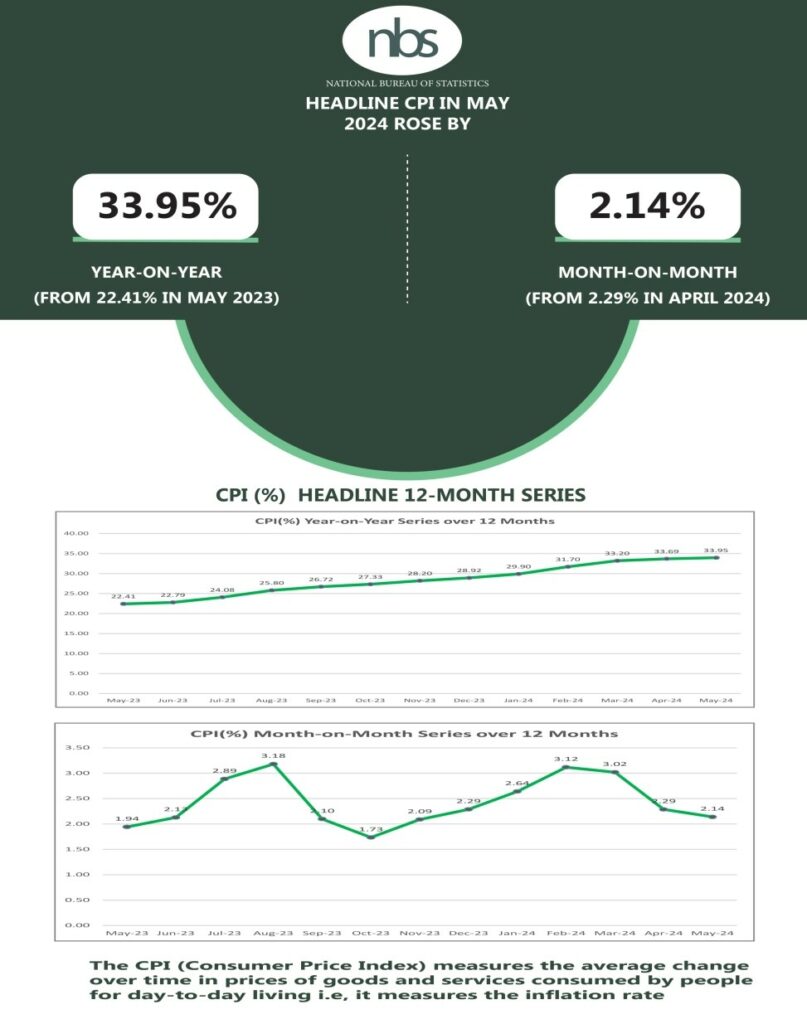
“In May 2024, the headline inflation rate increased to 33.95% relative to the April 2024 headline inflation rate which was 33.69%. Looking at the movement, the May 2024 headline inflation rate showed an increase of 0.26% points when compared to the April 2024 headline inflation rate,” the latest NBS Consumer Price Index stated.
“On a year-on-year basis, the headline inflation rate was 11.54% points higher compared to the rate recorded in May 2023, which was 22.41%. This shows that the headline inflation rate (year-on-year basis) increased in the month of May 2024 when compared to the same month in the preceding year (i.e., May 2023).
“The Food inflation rate in May 2024 was 40.66% on a year-on-year basis, which was 15.84% points higher compared to the rate recorded in May 2023 (24.82%).”
READ ALSO: REPORT: Food Inflation Highest in Kwara and Lagos
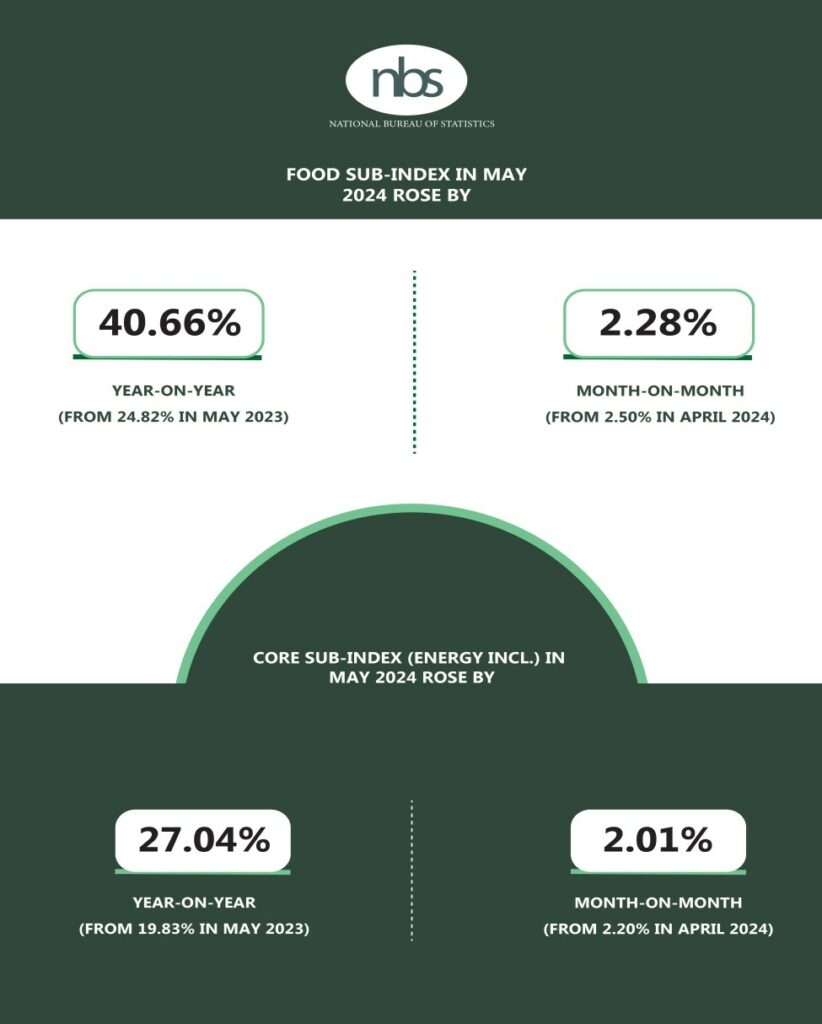
Food inflation on a year-on-year basis was highest in Kogi (46.32%), Ekiti (44.94%) and Kwara (44.66%). Adamawa (31.72%), Bauchi (34.35%) and Borno (34.74%) recorded the slowest rise in food inflation on a year-on-year basis.
On a month-on-month basis, however, food inflation was highest in Gombe (4.88%), Kano (4.68%) and Bayelsa (3.62%), while it was lowest in Ondo (0.02%), Yobe (0.95%) and Adamawa (1.02%).
An untamed inflation rate corresponds to a higher cost of living for the average Nigerian. The cost of living crisis is also at the centre of organised labour’s demand for a significant national minimum wage increase.
Subscribe
Be the first to receive special investigative reports and features in your inbox.


